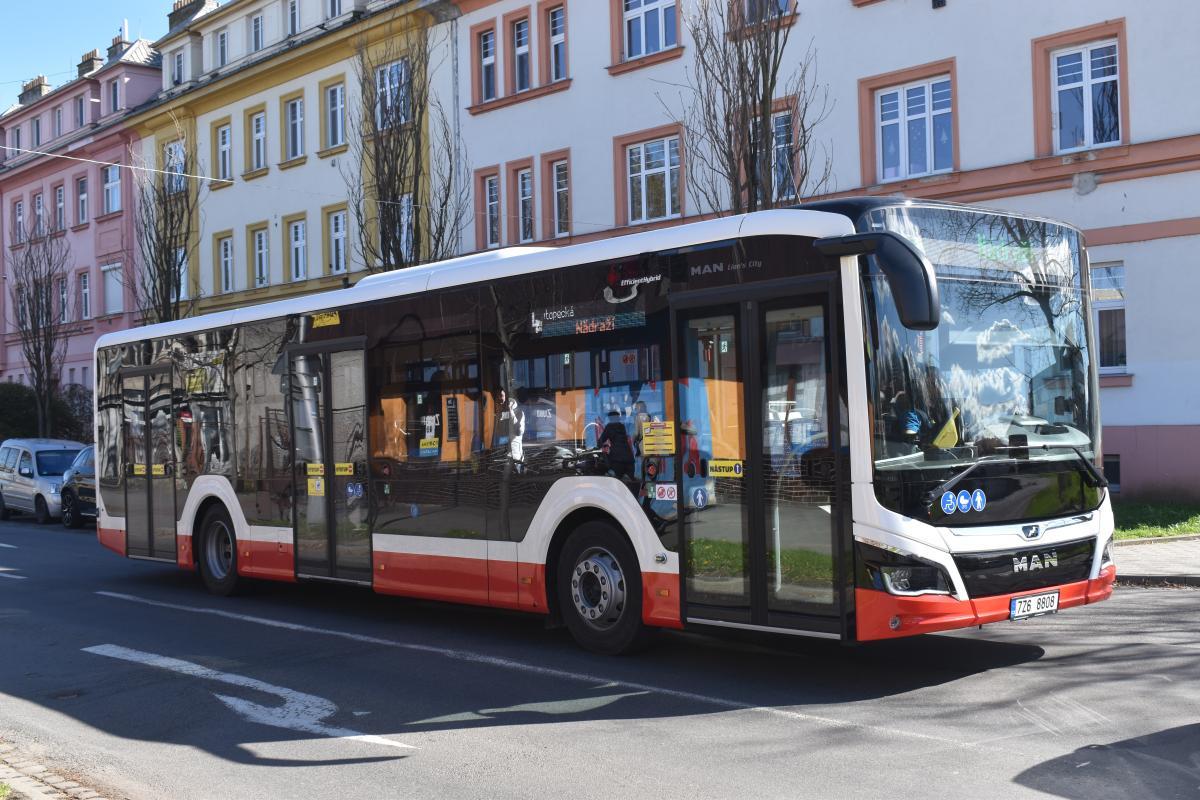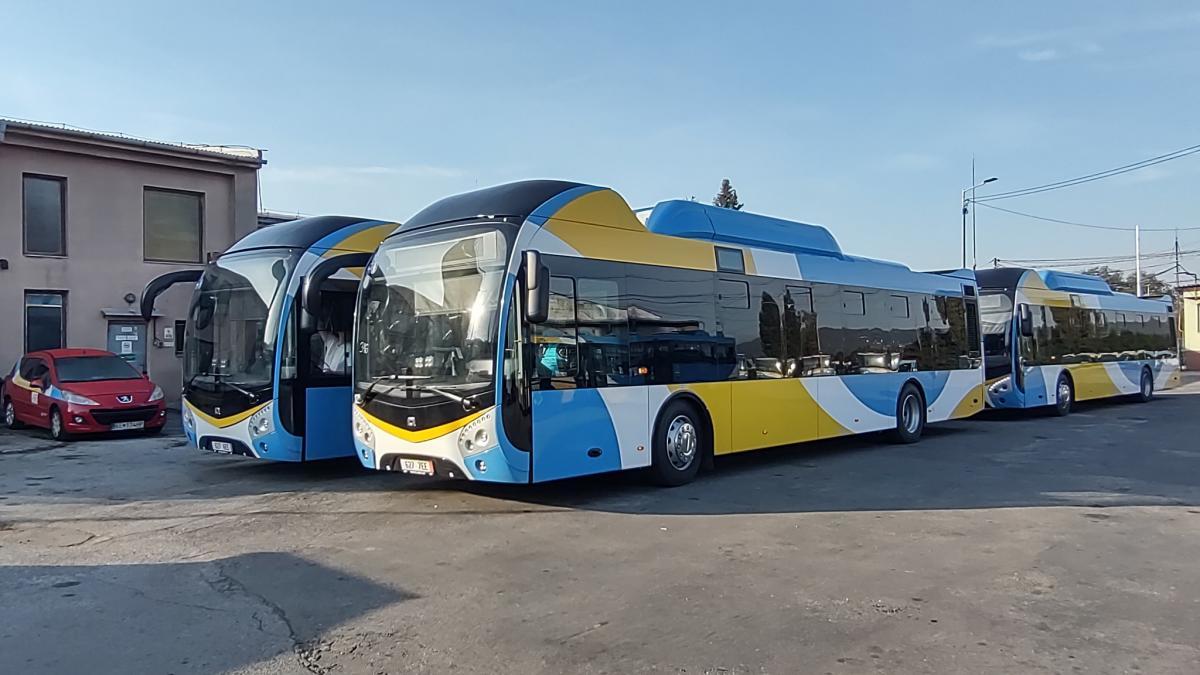(Volvo invests in conductor technology for hybrid vehicles)
(Volvo invests in conductor technology for hybrid vehicles)
Polovodičový materiál karbid křemíku je jednou z nejžhavějších současných substancí ve světovém vývoji hybridních vozidel. Volvo Technology Transfer investuje v současnosti do společnosti, která energeticky účinný vodič z karbidu křemíku vyvíjí.
Vodič je použit mimo jiné, když stejnosměrný proud z baterie je konvertován na střídavý proud do elektromotoru. Základem pro současnou technologii jsou polovodiče vyrobené ze silikonu, které však mjí nevýhodu, že můžou odolat sice vysokým teplotám, ale ne vysokému elektrickému napětí.
Rok stará společnost TranSiC AB, do které Volvo Technology Transfer (VTT) právě investuje, vyvinula nový polovodič na bázi karbidu křemíku. Substance je tvrdá jako diamant a a je použita například v brusných kotoučích. Velkou výhodou materiálu je odolnost proti extrémně vysokým teplotám. "Problém u hybridních vozidel je, že často požadují chlazení jak motoru, tak elektroniky. S karbidem křemíku jsou tepelné ztráty tak malé, že snad nebude chlazení ani zapotřebí, říká Anders Kroon, vedoucí hybridní technologie Volvo Group.
Další výhodou karbidu křemíku je, že elektronika ve vozidle může být daleko meší a kompaktnější. Tím jsou vozidla lehčí a levnější.
Z TZ AB Volvo Media Relations vy bral a přeložil BUSportál.
The conductor is used, among other things, when battery direct current is converted into alternating current in an electric motor. The basis for today’s technology is semiconductors made of silicon, which however has the disadvantage that it can withstand neither high temperatures nor high electrical voltages.
One-year-old company TranSiC AB, in which Volvo Technology Transfer (VTT) is now investing, has developed a new conductor based on silicon carbide. The substance is as hard as a diamond and is used, for instance, in angle-grinding discs. One major advantage is that silicon carbide can withstand extremely high temperatures. “One problem with electric hybrid vehicles is that they often require cooling of both the motor and the electronics,” says Anders Kroon, head of hybrid technology at Volvo Group. “With silicon carbide, the heat losses are small so perhaps no cooling will be needed.”
Another advantage with silicon carbide is that the vehicle’s electronics can be made far smaller and much more compact. This in turn makes the entire vehicle lighter and cheaper. A current PhD thesis within Volvo is studying silicon carbide and its applications in hybrid vehicles. Hybrid technology is of considerable interest to vehicle manufacturers throughout the world. The same applies to VTT, which has accordingly invested in TranSiC AB.
“We are focusing early in the process on companies that can provide a good return and that can be of benefit to the Volvo Group,” says Johan Carlsson, who headed the move to invest in TranSiC.
PI AB Volvo Media Relations
Vodič je použit mimo jiné, když stejnosměrný proud z baterie je konvertován na střídavý proud do elektromotoru. Základem pro současnou technologii jsou polovodiče vyrobené ze silikonu, které však mjí nevýhodu, že můžou odolat sice vysokým teplotám, ale ne vysokému elektrickému napětí.
Rok stará společnost TranSiC AB, do které Volvo Technology Transfer (VTT) právě investuje, vyvinula nový polovodič na bázi karbidu křemíku. Substance je tvrdá jako diamant a a je použita například v brusných kotoučích. Velkou výhodou materiálu je odolnost proti extrémně vysokým teplotám. "Problém u hybridních vozidel je, že často požadují chlazení jak motoru, tak elektroniky. S karbidem křemíku jsou tepelné ztráty tak malé, že snad nebude chlazení ani zapotřebí, říká Anders Kroon, vedoucí hybridní technologie Volvo Group.
Další výhodou karbidu křemíku je, že elektronika ve vozidle může být daleko meší a kompaktnější. Tím jsou vozidla lehčí a levnější.
Z TZ AB Volvo Media Relations vy bral a přeložil BUSportál.
Volvo invests in conductor technology for hybrid vehicles
Semi-conductor material silicon carbide is one of the hottest substances today in the world of research into hybrid vehicles. Volvo Technology Transfer is now investing in a company that has developed an energy-efficient conductor made of silicon carbide.The conductor is used, among other things, when battery direct current is converted into alternating current in an electric motor. The basis for today’s technology is semiconductors made of silicon, which however has the disadvantage that it can withstand neither high temperatures nor high electrical voltages.
One-year-old company TranSiC AB, in which Volvo Technology Transfer (VTT) is now investing, has developed a new conductor based on silicon carbide. The substance is as hard as a diamond and is used, for instance, in angle-grinding discs. One major advantage is that silicon carbide can withstand extremely high temperatures. “One problem with electric hybrid vehicles is that they often require cooling of both the motor and the electronics,” says Anders Kroon, head of hybrid technology at Volvo Group. “With silicon carbide, the heat losses are small so perhaps no cooling will be needed.”
Another advantage with silicon carbide is that the vehicle’s electronics can be made far smaller and much more compact. This in turn makes the entire vehicle lighter and cheaper. A current PhD thesis within Volvo is studying silicon carbide and its applications in hybrid vehicles. Hybrid technology is of considerable interest to vehicle manufacturers throughout the world. The same applies to VTT, which has accordingly invested in TranSiC AB.
“We are focusing early in the process on companies that can provide a good return and that can be of benefit to the Volvo Group,” says Johan Carlsson, who headed the move to invest in TranSiC.
PI AB Volvo Media Relations





 Kroměříž koupila čtyři nové elektrické autobusy MAN
Kroměříž koupila čtyři nové elektrické autobusy MAN
 Za rok vyjedou v Košicích elektrické autobusy SOR NS 18
Za rok vyjedou v Košicích elektrické autobusy SOR NS 18
 Do Lombardie dorazily první kloubové elektrické autobusy…
Do Lombardie dorazily první kloubové elektrické autobusy…







